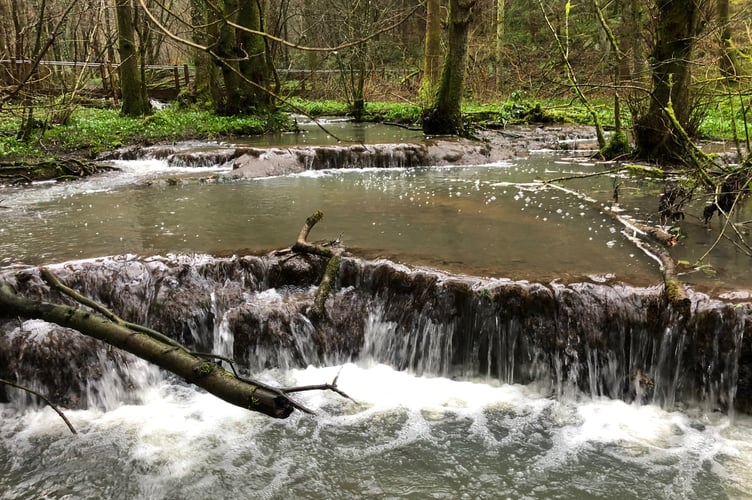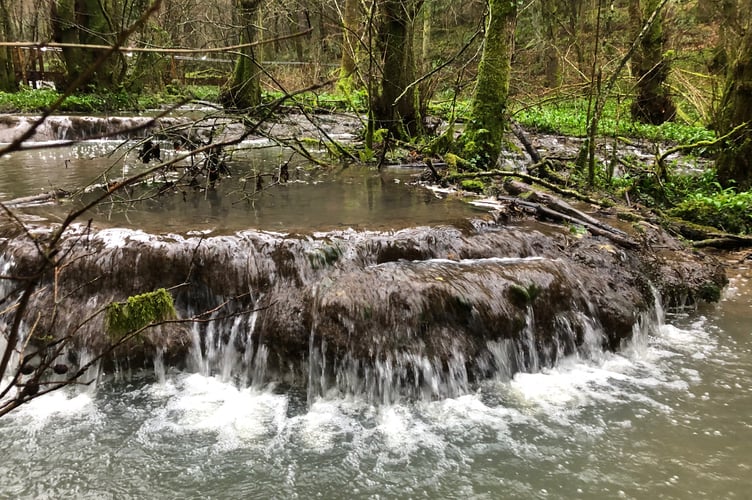PLANS to change the use of a campsite to have 41 holiday lodges look set to be approved, despite claims it will damage a protected brook in a Site of Special Scientific Interest.
Tremolo Limited wants permission to change the use of the seasonal Forest and Wye Valley campsite on the border of the AONB at The Bearse, St Briavels, near Slade Brook, which boasts up to 60 rare limestone tufa dams.
The proposals, due before the Forest Council’s development management committee this week seeks full planning permission for 41 holiday caravan lodges in lieu of 60 touring caravan and glamping pitches.
The proposal also includes the demolition of all existing facilities buildings with environmental and landscape enhancements.
And the site would be split either side of the existing central hedgerow, creating a ‘cul-de sac’ style development for privacy and exclusivity.
If approved, the timber-style lodges will be arranged with seven-metre spacing and landscaping between pitches..
The proposed holiday home lodges would offer two or three bedrooms, two bathrooms and an open design kitchen and lounge, plus two parking spaces, bike storage and an electric vehicle charging point.

The proposals have been referred to the committee by local ward councillor Chris McFarling (Green, St Briavels), who claims it will encourage an increase in human pressure right next to Slade Brook.
“The increased accessibility and recreational pressure by a larger number of people will increase erosion of the dams and contaminate the brook water with dog faeces,” he said. “We are in a biodiversity emergency.”
More than a dozen residents have also objected, alongside the parish council, with concerns also including an increase in effluent and that the development is not in-keeping with the national landscape.
The park licence is currently only seasonal, and they fear year-round occupation means there will be more people with more impact.
But planning officers have recommended that councillors grant delegated permission, saying it will bring positive economic benefits and not cause unacceptable harm to the character and appearance of the area or the living conditions of residents, or a detrimental impact on highway safety, drainage, trees, or ecology.




